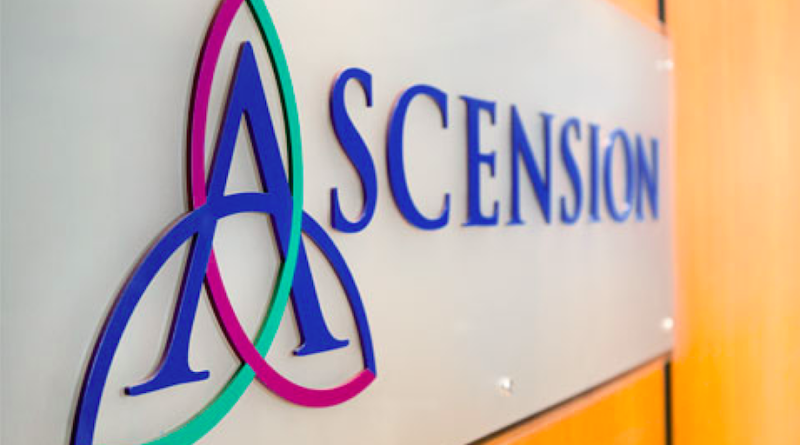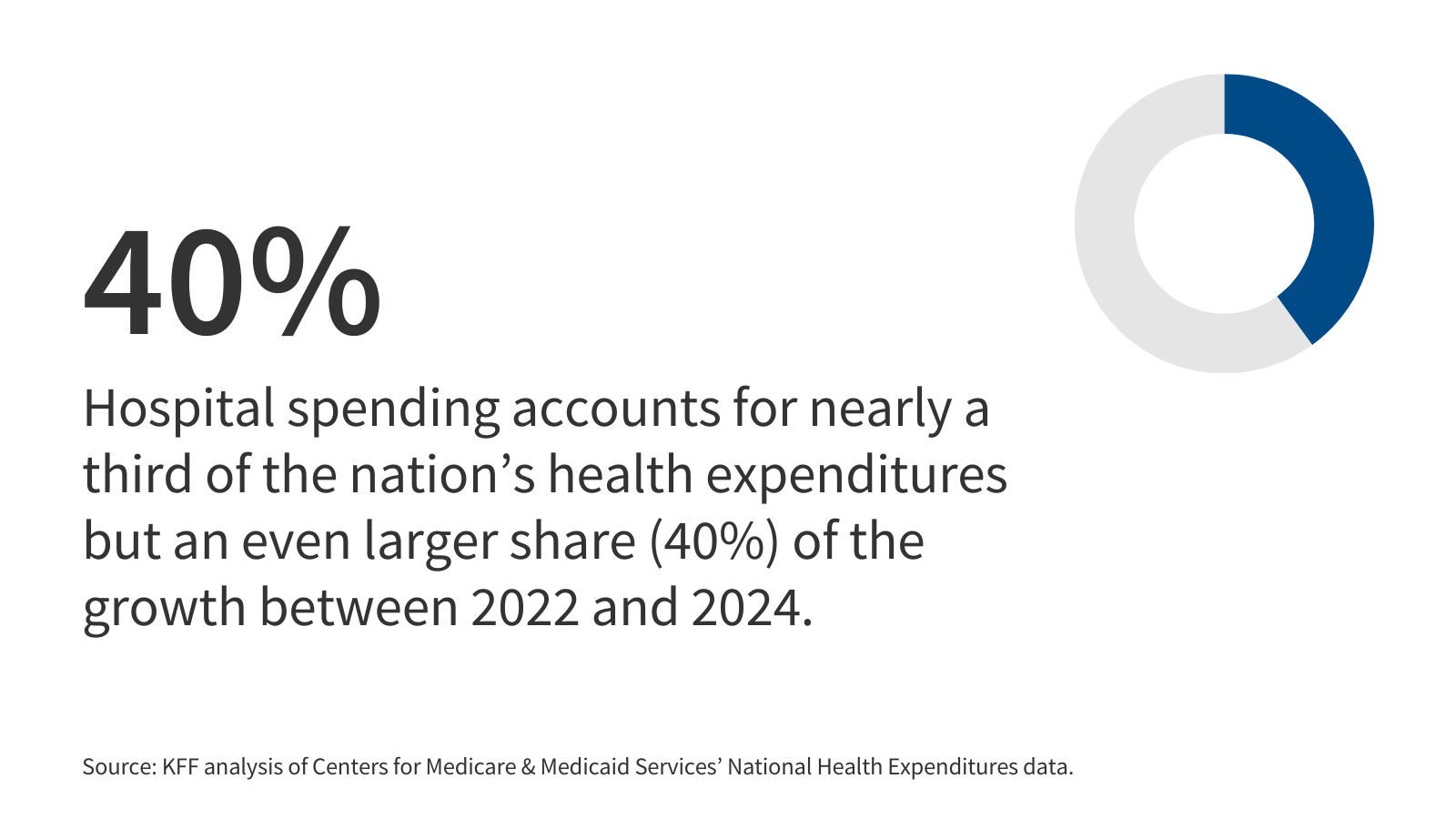Fitbit app gets AI upgrade with personal health coach
As fitness trackers get artificial intelligence updates, Google developed an AI-powered personal health coach for the Fitbit app. Built with Gemini, the AI-based health coach combines a fitness trainer, a sleep coach and a health and wellness advisor.
“We set out to build a new kind of coach: world-class expertise that’s always available whenever you need it. It constantly adapts based on your personal health and wellness metrics and is uniquely tailored to your goals and real-life circumstances,” said Andy Abramson, head of product at Fitbit.
Fitbit will roll out a preview of the personal health coach as part of Fitbit Premium in the redesigned app available with the latest Fitbit trackers, Fitbit smartwatches and Pixel Watches.
The health coach can build personalized fitness plans, with detailed workout suggestions and metric targets that focus on weekly progression. The coach can adjust workout plans based on real-time data and daily insights.
The health coach also integrates new sleep algorithms to give users a precise understanding of sleep duration and stages. The sleep coach looks at a user’s sleep over the week, spotting patterns and giving insights on how to improve sleep quality over time.
The health coach also analyzes user’s health and wellness data to provide more personalized insights, according to Fitbit. The health coach takes real-time metrics from a user’s Fitbit or Pixel Watch into account with support from Health Connect and HealthKit.
Ambience Healthcare unveils AI copilot within the EHR
Last week, Ambience Healthcare debuted Chart Chat, an AI copilot designed to integrate directly within Epic’s electronic health record system. Chart Chat combines patient chart data with medical content from BMJ Best Practice and OpenAI’s reinforcement fine-tuning technology to create a novel intelligence layer over the EHR, according to the company.
“This technology can fundamentally change how physicians interact with the medical record,” said Trevor Satterfield, M.D., of St. Luke’s Health System in a statement. “It lets me ask specific questions about the patient’s history or treatment, questions that could take minutes of searching to answer, and get clear, accurate responses in seconds.”
Designed to combat the growing problem of information overload, Chart Chat enables healthcare providers to ask natural language questions about a patient’s history, lab results, prior treatments and risk factors and receive relevant, structured answers in seconds.
Many health systems have experimented with creating their own in-house AI assistants for the EHR. Ambience says its Chart Chat tool is distinctive as it combines real-time notes from the patient visit with data from the patient’s full medical record. This gives Chart Chat a clear picture of both the current encounter and past history, enabling healthcare providers to get faster, more accurate answers without switching between tools or piecing things together manually.
Chart Chat is rolling out to Ambience users over the next several months.
Key features include chart-aware question answering to help doctors quickly find and synthesize key information in a patient’s record, such as identifying medications that didn’t work, making comparisons between past scans or understanding complex care timelines, as well as an automated risk score calculation.
The AI copilot also enables access to BMJ Best Practice’s trusted, evidence-based diagnostic and treatment content (currently in beta) to ensure decisions are informed by the most current and accurate clinical information.
OpenEvidence rolls out digital clinical assistant for the patient encounter
AI startup OpenEvidence developed a new feature aimed at assisting clinicians with their patient encounters in real time.
OpenEvidence developed an AI-powered medical search engine and generative AI chatbot exclusively for doctors that summarizes and simplifies evidence-based medical information.
OpenEvidence Visits acts as a digital clinical assistant that enhances encounter notes with the latest clinical evidence and guidelines. The new Visits tool also has many of the same functionalities as an AI scribe as it helps physicians draft clinical notes and doctors can ask OpenEvidence questions using the entire context of their patients’ history and documentation.
OpenEvidence Visits is free for all verified U.S. healthcare professionals.
The feature can transcribe the patient encounter and enriches the assessment and plan with the latest guidelines, research and clinical recommendations, the company said in a blog post. Doctors can ask OpenEvidence to edit their notes, refine reasoning and conduct literature searches. The tool also can quickly upload and organize patient documents, creating a searchable clinical repository. Healthcare professionals can directly ask questions about patient histories, past treatments and other critical details from the patient’s records.
In July, the company raised $210 million in a series B round as it looks to expand its strategic content partnerships to build out its advanced medical knowledge library. It also recently announced that its AI model scored a perfect 100% on the United States Medical Licensing Examination, raising the bar on the proficiency of AI models to interpret medical information.
Apella develops ambient AI tool for OR scheduling
Health tech company Apella expanded its AI platform to tackle proactive scheduling and capacity optimization for surgical teams.
With its new Horizon tool, Apella brings together real-time OR management, scheduling optimization and workflow efficiency insights within a single platform powered by computer vision and predictive AI, according to the company.
Built on Apella’s ambient sensing technology and data captured directly from the operating room, Apella Horizon enables hospitals to improve case duration accuracy and increase surgical utilization before the day begins. Horizon integrates directly with Apella’s existing real-time OR management tools and case information documented in the electronic health record.
Health systems like Houston Methodist are leveraging AI to dramatically increase surgical capacity and improve OR operations.
“When OR schedules rely on manually entered data, it can lead to inaccurate scheduling, which can impact resources and patients,” said Roberta Schwartz, Ph.D., executive vice president and chief innovation officer at Houston Methodist, in a statement. “Ambient technology captures real-time, contextual insights, which helps us not only keep ORs running efficiently, but also find new capacity that isn’t obvious when you’re just looking at the block schedule.”
Early adopters reported significant improvements in scheduling accuracy and OR capacity management. When OR schedules were optimized with Apella’s case duration forecasts, hospitals observed an average of 69 fewer delayed minutes per OR that day while maintaining case volume and a 46-point reduction in late OR days. The share of cases under-scheduled by more than 30 minutes decreased from 60% to 16%.
Hospitals filled an additional two cases per OR per month by automatically identifying and promoting open time slots.
Innovaccer launches AI-powered prior auth solution
Healthcare AI company developed a new AI-driven prior authorization solution. The new tool is part of Flow by Innovaccer, the company’s revenue cycle performance platform.
Flow Auth automates the entire prior authorization workflow, from detecting authorization needs to generating appeal letters, with intelligent exception handling that keeps humans in the loop, helping healthcare organizations accelerate care delivery and optimize revenue capture, according to the company.
With Flow Auth, Innovaccer projects an estimated 50% reduction in clinician time spent on prior authorizations and a twofold increase in staff productivity, with projected ROI of up to 5x through efficiency gains and reduced denials based on initial implementations.
Key features of the AI solution include automatically identifies when prior authorization is required when an order is placed in the EHR, based on payer-specific criteria, integrated payer rules and a “payer-ready” packet that automatically assembles relevant clinical documentation, notes, labs and imaging, flagging any missing items and organizing them in the format payers expect.
The tool can send the packets using the full range of payer connectivity options, APIs, portals or fax and can monitor the authorization status.
Innovaccer says the solution supports a wide range of major payers including Humana, UnitedHealthcare, Blue Cross Blue Shield, Anthem, Aetna and others.
Teladoc Health acquires Australian virtual care company
Teladoc Health acquired Telecare, an Australian virtual care company, as it focuses on beefing up its international presence.
Telecare operates Australia’s leading virtual care clinic and provides software solutions to the healthcare sector. With more than 300 virtual specialists in over 30 specialties, supporting both GP-referred appointments as well as providing virtual care services to public hospitals across Australia, Telecare helps reduce patient wait times and increases access to specialty care in underserved areas, the companies said.
The deal closed Aug. 8. Financial terms of the transaction were not disclosed; it is expected to be immaterial to Teladoc Health’s financial results for the year.
Teladoc Health, with revenues over $2.5 billion in 2024, provides access to care for more than 100 million people. In international markers, Teladoc also works with the NHS in the U.K. and Charité in Germany as well as the Canadian health system and the French Social Security.
The acquisition supports Teladoc Health’s enterprise strategy, which includes growing its international footprint. With a 15-year history in Australia, Teladoc Health already provides millions of Australian members access to virtual health services through relationships with insurers and hospitals. The company recently deployed virtual care solutions into the Australian hospital market, including a virtual neonatology solution at the Mater Misericordiae University Hospital and a virtual telesurgery support system with Central Queensland Hospital and Health Service.
Telecare will continue to be led by its existing founders and management team and will continue to serve the Australian market under the Telecare brand.
Publisher: Source link










